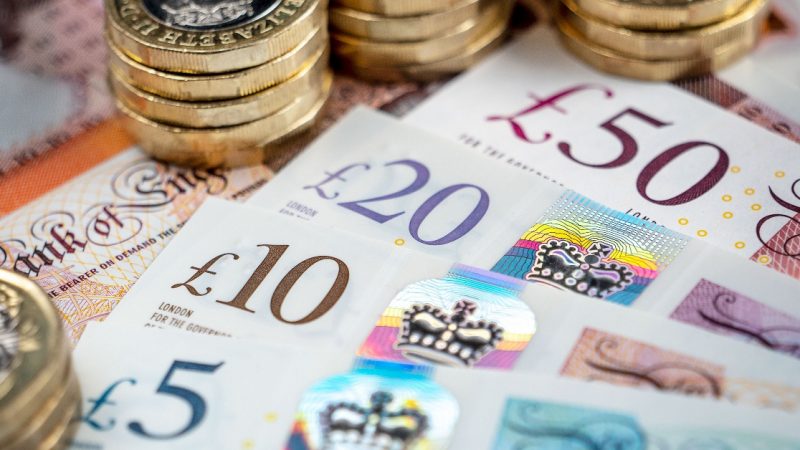‘The government can never run out of money, and claims that it can is ‘total nonsense.’

Labour’s infamous ‘no money’ note left by Liam Byrne at the end of the last Labour government in 2010, has resurfaced. Following the convention for outgoing ministers to leave a note for their successors with advice on how to settle into the job, Byrne’s note was discovered by David Laws, the Liberal Democrat MP whom the coalition government appointed to succeed Byrne as No 2 at the Treasury. Byrne said he had meant that the note was a joke and eternally regrets the move, which in his words, “helped hurt the party I love,” as the Tories have used the note ever since to attack Labour. It is even said to have helped the former Chancellor George Osborne deflect responsibility for austerity onto Labour. More recently, Greg Hands, former Conservative Party chairman, who lost his Chelsea and Fulham seat to Labour in the general election, frequently referenced the note.
In July, the new Chief Secretary to the Treasury Minister Darren Jones referred to the note, joking that the Tories’ ‘can’t afford the notepaper.’ Similarly, Rachel Reeves, acknowledging the challenges posed by the economy she inherited from the Conservatives, told the BBC in July. “I know the scale of the challenge I inherit.”
In a speech on September 27, Keir Starmer warned that “things will get worse” in the UK before they get better, saying there are no quick fixes to remedy what he will call the “rubble and ruin” left by the Conservatives.
But for many progressives, the notion that ‘there is no money left’ doesn’t wash in a country that ranks as the world’s sixth largest economy but where wealth inequality continues to rise, with the top 10 percent of the UK population owned a staggering 57 percent of wealth in 2021. By contrast, the bottom 50 percent own less than 5 percent of the wealth, as revealed in a recent report on wealth inequality by the Joseph Rowntree Foundation.
A post by the Left Bible on social media reflected this sentiment, stating: “The Tories in 2010: There is no money. Labour in 2024: There is no money. Maybe, in one of the richest nations in the world, it’s time to stop accepting that excuse.”
The post garnered widespread agreement, with comments such as, “Money isn’t the problem. The distribution of it is!” and “Maybe it’s time to close the tax loopholes for the mega-rich.”
Earlier this year, Mick Lynch calmly eviscerated the ‘there is no money’ argument. During a debate with Piers Morgan on Newsnight in June, Lynch pointed out the scale of wealth inequality in Britain, arguing: “There is plenty of money in the country; it’s just a matter of whether you want to distribute it more equitably.”
“If we want to rebuild our infrastructure, our care service, our NHS, everyone knows it costs money, and people are prepared to pay for it if you deliver a better system. We need an alternative industrial and economic strategy. We need to reskill the country, get good jobs into working class communities, we need to re-equip working class housing,” said Lynch.
Political economist and former chartered accountant Richard Murphy, who authors Funding the Future, formerly Tax Research UK, supports that view. He argues that the government can never run out of money, and claims that it can is ‘total nonsense.’ Murphy contends that claims of the government running out of money are usually driven by a political agenda opposed to government spending.
“The UK government will always be able to pay its debts denominated in sterling because it can always create the means to do so,” he writes.
To reach hundreds of thousands of new readers we need to grow our donor base substantially.
That's why in 2024, we are seeking to generate 150 additional regular donors to support Left Foot Forward's work.
We still need another 117 people to donate to hit the target. You can help. Donate today.



